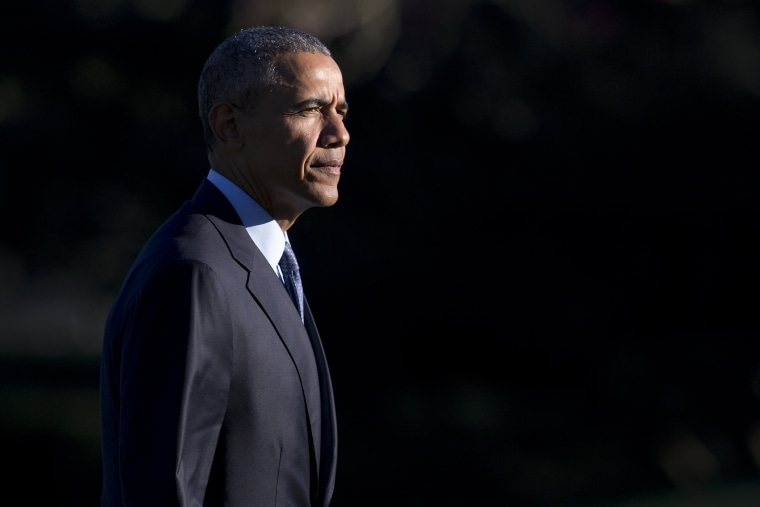President Barack Obama will become the first serving U.S. president to visit Hiroshima during a trip to Japan later this month, the White House announced Tuesday.
The historic visit will "highlight his continued commitment to pursuing the peace and security of a world without nuclear weapons," it said in a statement.
He will travel to the site where America dropped the atomic bomb during World War II in the company of Japanese Prime Minister Shinzo Abe, as part of a wider trip that will also include Vietnam.
Abe said that the visit was a "very big decision" for Obama, and said he welcomed the U.S. president "from the bottom of my heart."
"Seventy years ago, so many people were mercilessly killed by the dropping of the atomic bomb," he told reporters. "I would like this visit to be an opportunity to honor all the victims in Japan and in the United States."
He said Japan, had "consistently called for the abolition of nuclear weapons."
"By having President Obama visit Hiroshima and see the realities of radiation exposure, and by having him communicate his thoughts and feelings to the world, I believe this will lend great power towards achieving a world without nuclear weapons," he said.
Secretary of State John Kerry last month became the highest-ranking U.S. official to visit Hiroshima, laying a wreath and describing the museum there as "stunning" and "gut-wrenching."
Former President Jimmy Carter toured the site in 1984, and Nancy Pelosi visited in 2008 while Speaker of the House of Representatives.
The U.S. dropped the atomic bomb on Hiroshima, killing an estimated 140,000 people, on Aug. 6, 1945. Nagasaki was hit three days later.
Many Americans believe the atomic attacks were justified and hastened the end of the war. However, Japanese survivors' groups have campaigned for decades to bring leaders from the U.S. and other nuclear powers to see Hiroshima's scars as part of a grassroots movement to abolish such weapons.
Obama's Japan visit coincides with his final G-7 Summit meeting in Ise-Shima.
This story originally appeared on NBCNews.com
